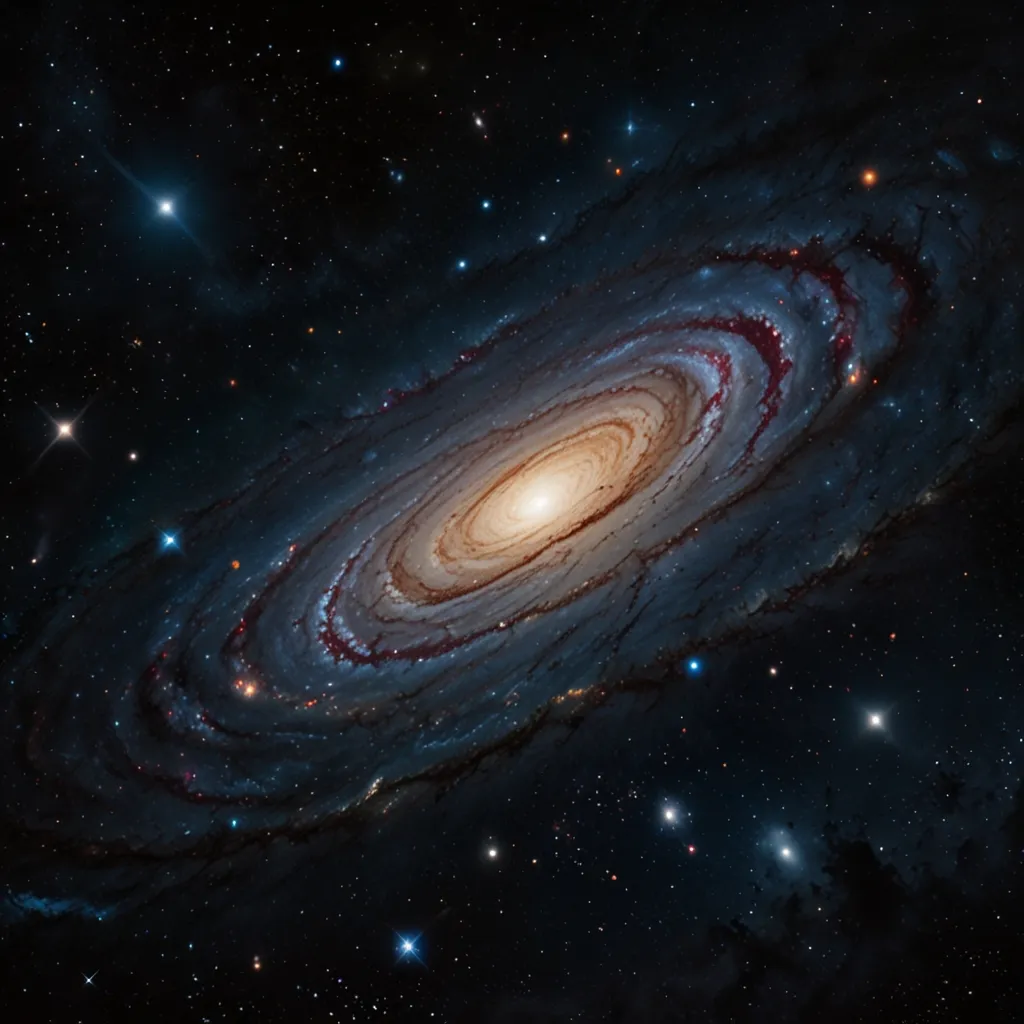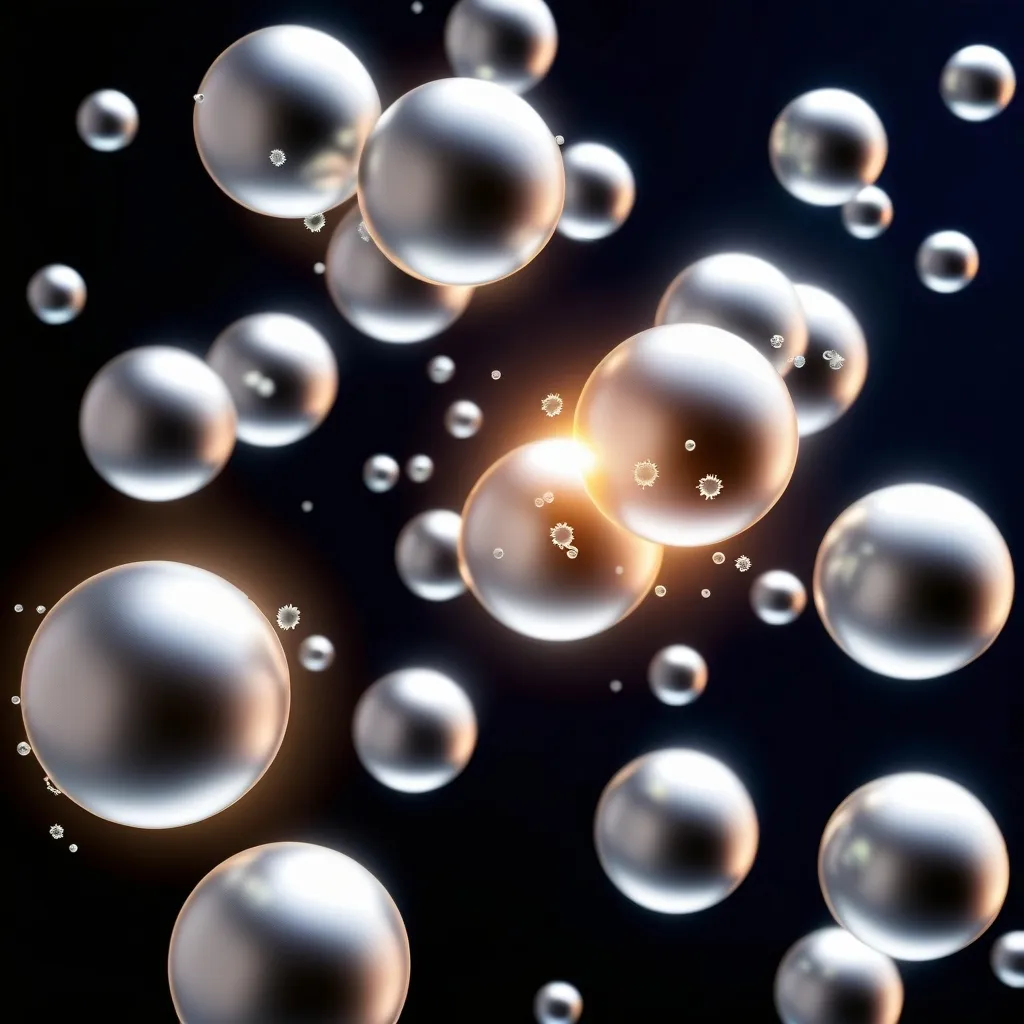Time at the Event Horizon of a black hole is a fascinating topic. It doesn’t behave in the way we’d usually expect. If you were observing an astronaut falling into a black hole from a distance, you’d see something curious. It would look like the astronaut never actually enters the black hole. This illusion arises because the gravitational pull near the Event Horizon is so intense that photons—the particles of light—can’t escape. Photons at this point are trapped, spiraling inward with no way out.
From a distance, the last photons you’d see coming from the astronaut would be extremely red-shifted. This means their wavelengths stretch out, making them appear much redder than usual. As a result, you wouldn’t see the astronaut cross the Event Horizon; they would seem frozen in time, hanging on the edge forever.
However, this isn’t how the astronaut experiences it. For them, time moves normally as they plummet into the black hole. They would continue to fall past the Event Horizon without noticing any dramatic change. If our astronaut looked back, the scenario changes radically. The light behind them, influenced by the strong gravitational field, would be highly blue-shifted. The shift is so extreme that visible light morphs into x-rays.
The differing perspectives hinge on the distortion of time and light due to the immense gravitational forces of the black hole. While observers from afar see an eternal pause, the astronaut’s journey continues seamlessly, albeit into the mysterious heart of the black hole.






